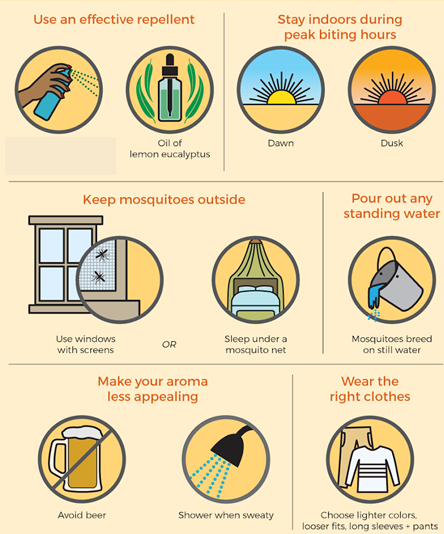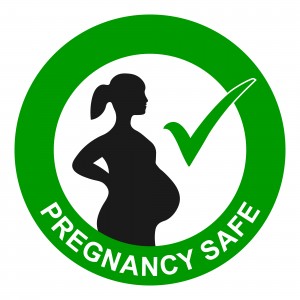
It is said that a child gives birth to a mother.
Bringing a new life in this world is a huge responsibility. The woman bears’ the responsibility of creating the new generation. It is sad to see that something so essential and pertinent is taken lightly today. And no wonder, that the instances of risk pregnancy have steadily risen.
You are at risk if you-
- Have a history of chronic hypertension, diabetes, heart disorders, breathing problems, Hypothyroid
- Your age is above 35 years
- Smoke cigarettes, drink alcohol or consume drugs- before and during pregnancy
- Malnutrition like anaemia
- Mental health issues like stressful life and depression
- Had complications like abnormal placenta position, fetal growth fetal growth restriction and Rh (rhesus) sensitization — a potentially serious condition that can occur when your blood group is Rh negative and your baby’s blood group is Rh positive.
- Have a history of surgery on your uterus, including multiple C-sections, multiple abdominal surgeries or surgery for uterine tumours (fibroids)
- Pregnancy risks are higher for women carrying twins or higher order multiples.
What can you do?
To ensure a healthy pregnancy for you and your baby’s health, ensure you prepare your body. Be sure that you and your partner both want a child. The mental state of a mother plays a very important role in the health of the baby and mother too, and hence the partner also should be equally involved. Nowadays we see a lot of couple marking as ‘WE’ are Pregnant as it is very important that both are involved together. Sit in a quiet place, contemplate and decide.
Eat right! Food rich in folic acid, protein, calcium and iron goes a long way to ensure a healthy pregnancy. If you love smoking and drinking, please adopt a baby! Spare the new life!
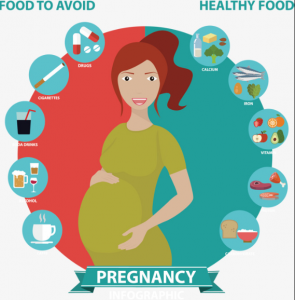
Get your body to move and groove! Exercise! Yoga and pranayama ensure holistic health and pregnancy is a part of it. However, if you are pregnant, consult your healthcare provider for appropriate yoga poses or any exercise.
Pregnancy or not, happy thoughts ensure good health. While you are eating right and exercising, include some smiles- you are in the process to get life into this world! Meditate for this and keep stress at bay!
A Specialised Tests which you want to know about!
- Lab tests might be conducted for urinary tract infections and screen you for infectious diseases such as HIV, syphilis, etc.
- Specialized or targeted ultrasound targets a suspected problem, such as abnormal development.
- Amniocentesis can identify certain genetic conditions, as well as neural tube defects — serious abnormalities of the brain or spinal cord.
- Chorionic villus sampling (CVS) can identify certain genetic conditions.
- Also known as percutaneous umbilical blood sampling, can identify certain genetic disorders, blood conditions and infections.
- Ultrasound for cervical length might use an ultrasound to measure the length of your cervix at prenatal appointments to determine if you’re at risk of preterm labour.
- A biophysical profile is used to check on a baby’s well-being. It might involve only an ultrasound to evaluate fetal well-being or, depending on the results of the ultrasound, also fetal heart rate monitoring (non-stress test).
Some prenatal diagnostic tests such as amniocentesis and chorionic villus sampling carry a small risk of pregnancy loss. The decision to pursue prenatal testing is up to you and your partner. Discuss the risks and benefits with your healthcare provider.
Rush to the hospital if you have
- Severe headaches
- Vaginal bleeding
- Pain or cramping in the lower abdomen
- Watery vaginal discharge — in a gush or a trickle
- Regular or frequent contractions — a tightening sensation in the abdomen
- Decreased fetal activity
- Pain or burning with urination
- Changes in vision, including blurred vision
If you have any condition different from the norm, it is best to speak with your healthcare provider. Discuss nutrition, healthy weight or any ailment you might have. Your health care provider might also discuss your risk of having a baby with a genetic condition. If you are pregnant, do not take any medicine without the advice of your health care provider- allopathy, homoeopathy, ayurvedic or any pathy!
#BeTheForce



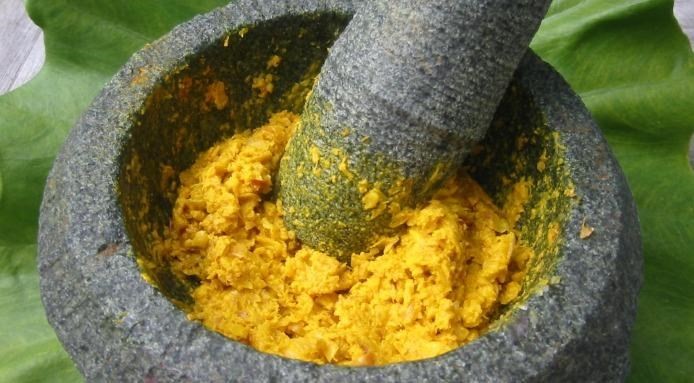
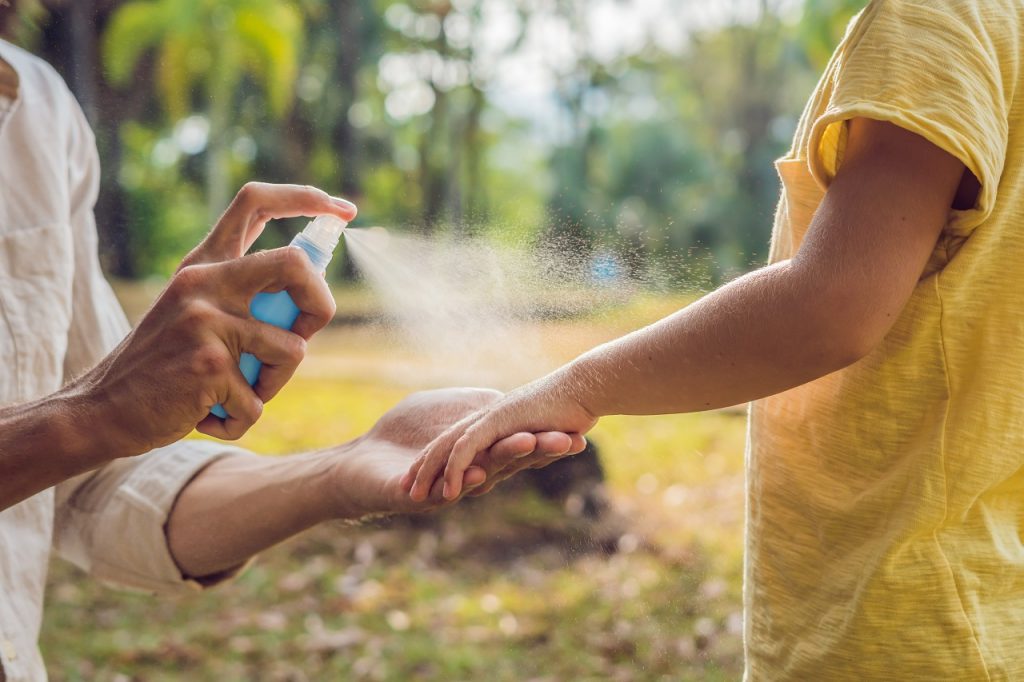 Betaab, a 12 year old, cheerful and active boy loved playing with his friends in the evening. One fine day, he caught a fever with chills. His parents thought it was mere fever due to overexertion. However, soon the fever spiked, and he had to rush to the emergency department at the hospital. His condition was serious. He was suffering from dengue, with an extremely low platelet count.
Betaab, a 12 year old, cheerful and active boy loved playing with his friends in the evening. One fine day, he caught a fever with chills. His parents thought it was mere fever due to overexertion. However, soon the fever spiked, and he had to rush to the emergency department at the hospital. His condition was serious. He was suffering from dengue, with an extremely low platelet count.